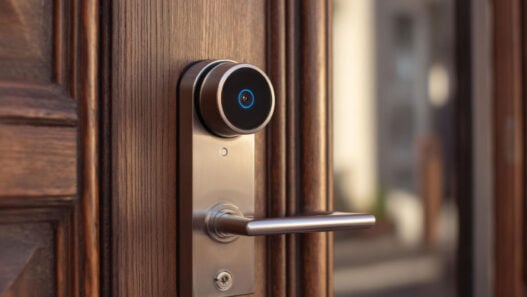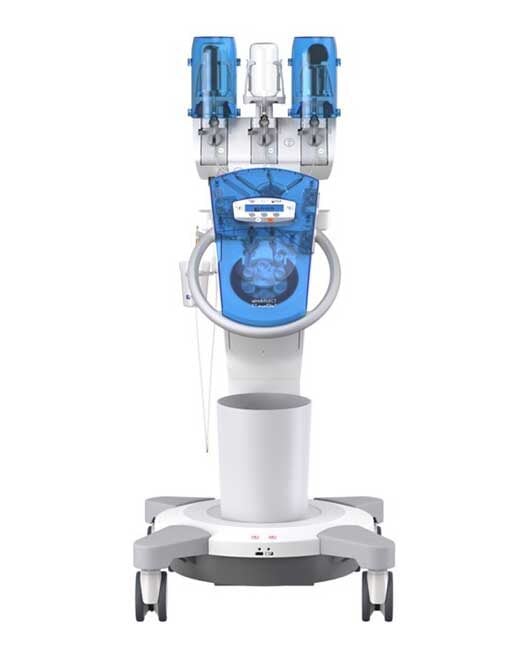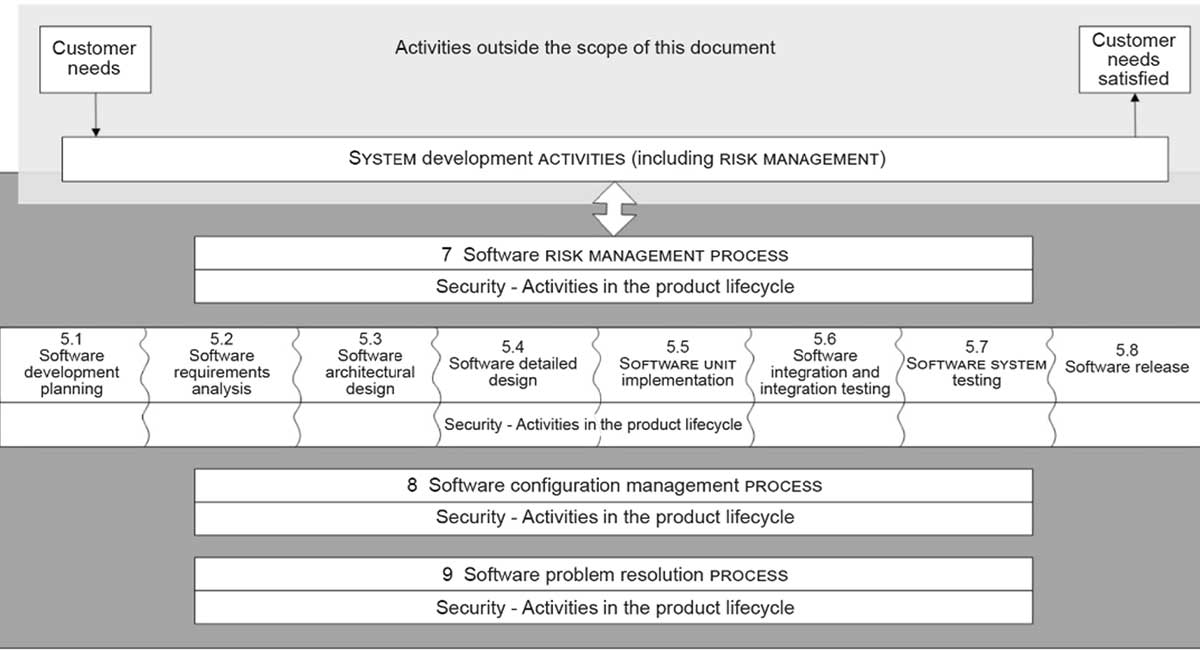At Nightingale Hospital, the Image Cube application produced by medical imaging specialist Visbion uses a unique data compression technique to upload CT scan files to the hospitals’ picture archiving and communication system (PACS). This allows doctors to quickly retrieve CT scan images of patients’ lungs, helping accelerate diagnoses and increasing the efficiency of treatment optimisation.
Dr Stefan Claesen, CEO of Visbion, reported: “We solved the most troublesome issue for hospitals and suppliers of mobile CT scanner units by using an efficient and secure medical data transmission service for sending CT scan files in real-time to optimise testing, diagnosis, and treatment of COVID-19 patients. This allows every patient to receive the most appropriate care as soon as possible.”
Compared to similar products that use virtual private network (VPN) connections, which rely on dedicated hospital networks to ensure high-quality transmissions, the Visbion Image Cube solution enables fast, secure, and reliable transmissions via 4G mobile networks. Thus, mobile CT scanner units can be installed at any location in the temporary hospital, thereby eliminating the need to build fiber optic Internet or Ethernet facilities for CT scanners and other medical imaging systems.
This saved weeks, or even months, of installation time and accelerated the hospitals’ readiness to receive infected patients. Establishing secure, reliable and efficient medical image transmission services
Once a CT scan is performed at the Nightingale Hospital, the Visbion Image Cube automatically compresses and encrypts the CT scan image data and transmits the files to the Visbion data centre, which then decompresses, decrypts, and transfers them to backend servers for analysis radiologists and medical professionals at specialist hospitals around London. The main challenge for the hospital was establishing a way to send images seamlessly and reliably, which is where Adey Electronics and Advantech came in.
Lewis Harvey, business development manager of Adey Electronics said: “With the inclusion of Advantech’s LR77 v2 Libratum routers and customised high-gain 4G cellular and GNSS multiband antennas, the solution not only delivers fast Internet speeds and strong 4G signal reception for reliable data transmissions, but it also enables location tracking for efficient management of equipment inventory.”
Dr Claesen further explained that a set of CT scan files typically comprises 1,000 cross-sectional images, and each scanned image can easily be 1 GB in size, necessitating a highly stable connection for reliable data transmissions.
With input from Adey Electronics and Advantech, the solution was designed to automatically switch between cellular service providers in the event of a connection failure. Additionally, if data transmissions are interrupted due to instability, Visbion’s unique algorithms record any disrupted or paused transmissions to enable their resumption once connectivity is re-established. This also avoids having to resend entire file packages from the start.
“Advantech’s router uses always-on connectivity, which allows us to offer a real-time CT scan file transmission service,” Dr Claesen commented.
To provide a clear overview of the progress of data transmissions, Visbion adapted Advantech’s R-SeeNet monitoring software into an onsite device management platform. If abnormalities such as poor 4G signal or low Internet speeds are detected, the software automatically notifies the administrator to ensure seamless transmissions. Because the Visbion Image Cube delivered a promising performance at the London Nightingale Hospital, NHS England have decided to deploy similar systems in hospitals located in Harrogate, Birmingham and Bristol.
“We are very pleased with Advantech’s hardware, software, and services, and expect further cooperation in the future,” asserted Dr Claesen. Through their experience collaborating on the Nightingale Hospital project, Visbion, Adey Electronics, and Advantech have realised the importance of efficient Internet connectivity.
Harvey stated, “Experimental tests on 5G mobile networks have started, and we hope to be able to retrieve, process, and transmit medical images using a 5G-enabled Visbion Image Cube in the near future.”
In addition to continuously improving the Visbion Image Cube, Visbion, Adey Electronics, and Advantech are equipping mobile medical vehicles with GPS technology.
Dr Claesen further commented: “Medical equipment, such as MRI, CT, X-ray, and mammography machines installed in mobile medical vehicles are very delicate; thus, a solution for monitoring the location, speed, and driver behaviour of these specialist vehicles is required.
“To meet this need for medical fleet management, our new monitoring platform will soon be integrated with Advantech routers and management panels, which will provide each client with remote configuration functions and comprehensive location and status information for each vehicle, as well as every Visbion Image Cube, in an effort to help hospitals fight against COVID-19 and other unknown future pandemics.”















